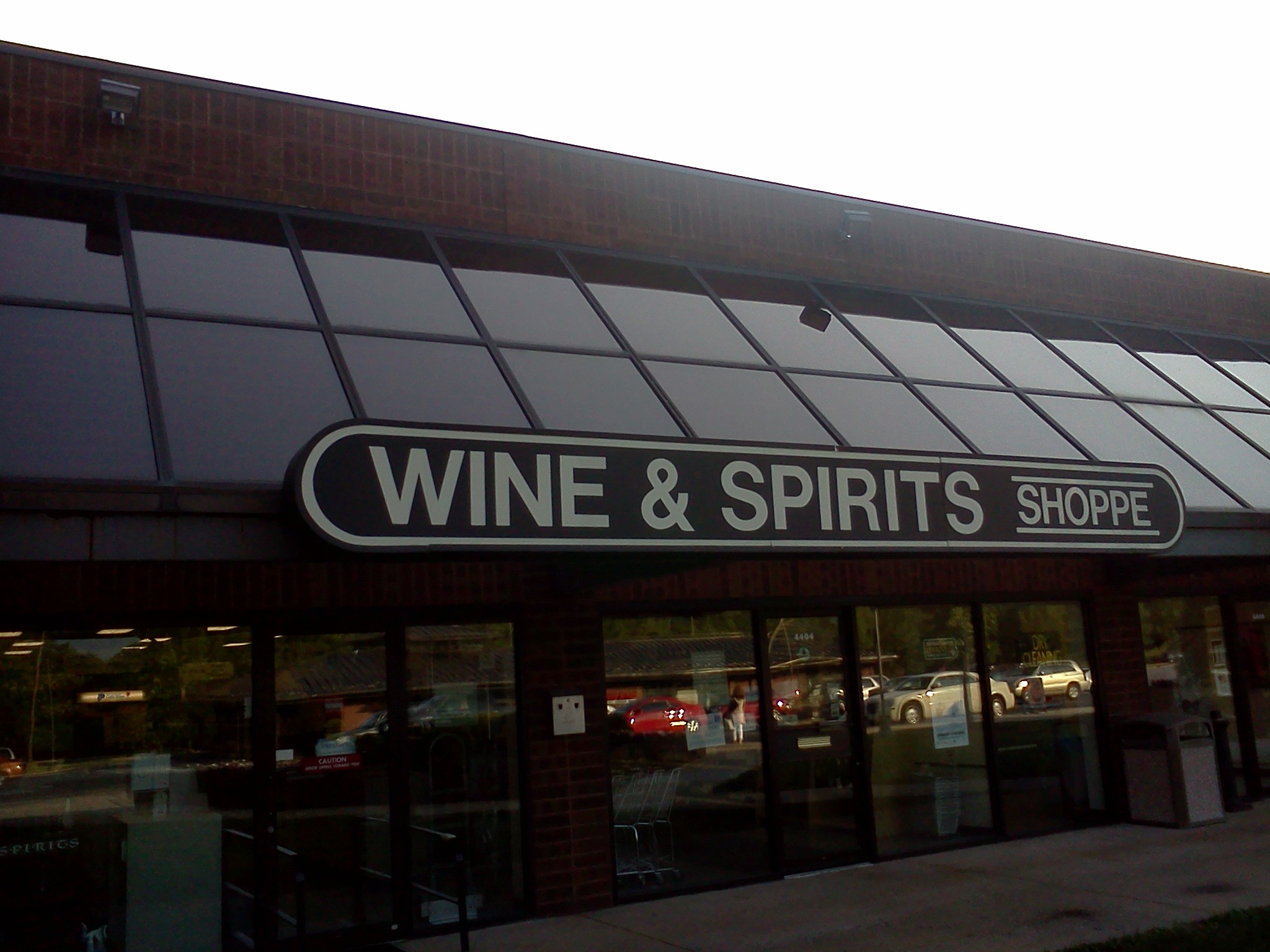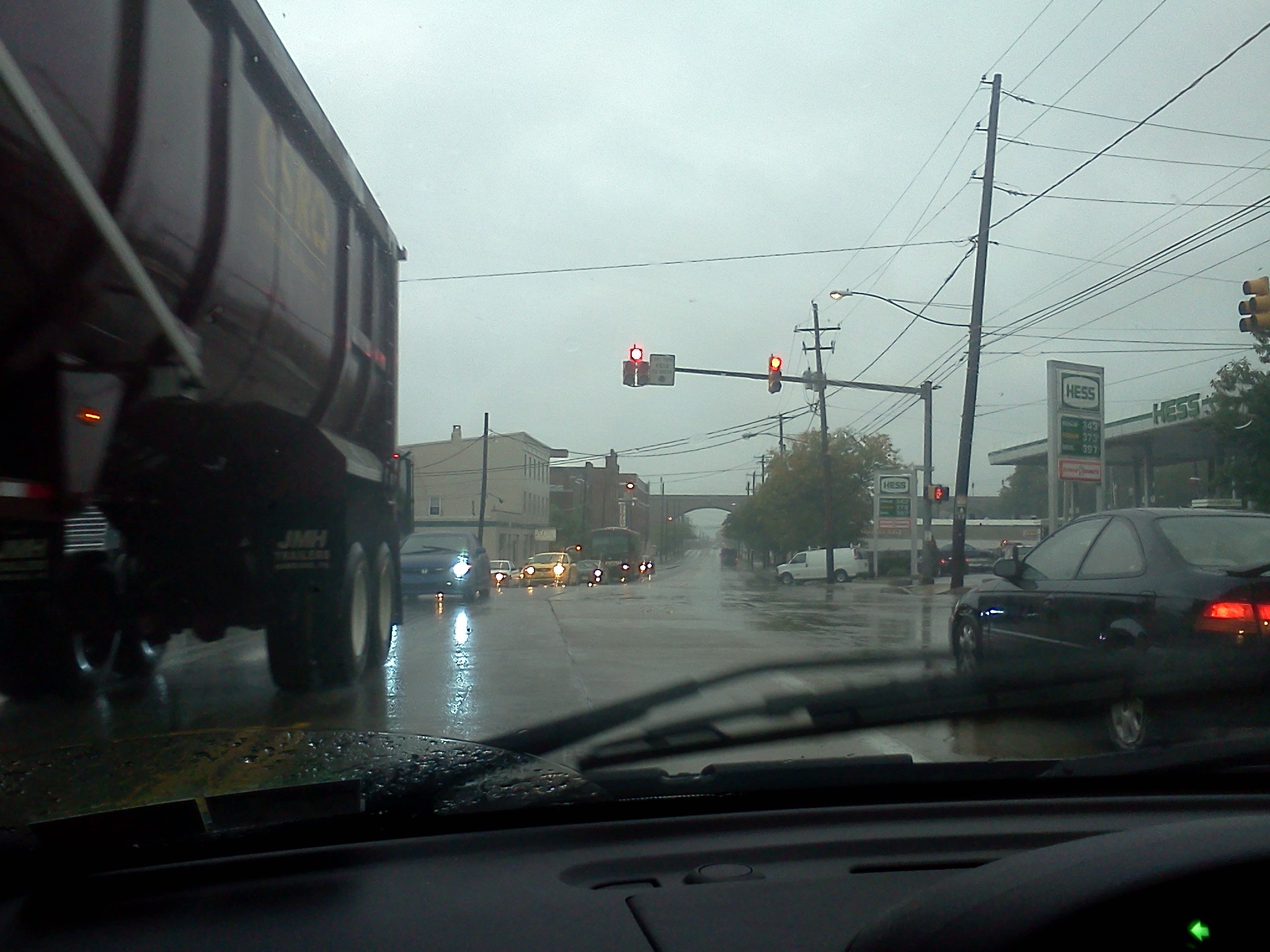Posts
Governor Tom Corbett on the privatization of state liquor stores
/in Ask the Governor, Media, News, Video /by PAMattersGovernor Tom Corbett on natural gas impact fees
/in Ask the Governor, Media, News, Video /by PAMattersGov’s Office Releases Liquor Privatization Study
/in News /by PAMattersThe long-awaited and near 300-page analysis from the PFM Group concludes that privatization would improve the current liquor sales system and benefit Pennsylvanians financially. PFM says it’s possible to structure a fiscally neutral system, while delivering an upfront windfall of $1.1-billion to $1.6-billion. That’s a small number to privatization critics. “It’s going to cost thousands of jobs in Pennsylvania,” says Bill Patton, spokesman for House Democratic Leader Frank Dermody (D-Allegheny). “It does not raise the kind of money that its proponents claim.”
Money isn’t Governor Tom Corbett’s biggest gripe with Pennsylvania being one of only two states that control all aspects of the wholesale and retail distribution of wine and liquor. “I don’t care how much it is, we need to get out of the business completely,” Corbett said on Radio PA’s monthly Ask the Governor program. Corbett also expressed dismay with the Pennsylvania Liquor Control Board’s ubiquitous advertising campaigns. “The LCB controls and regulates alcohol,” Corbett says. “When we advertise, we’re encouraging people to drink more. We shouldn’t be doing that.”
Governor Corbett favors a privatization model that limits the number of retail outlets in PA. Under that approach, the PFM report suggests some minor price increases based on a fiscally neutral system. The report goes on to suggest that competition in highly-populated areas would mitigate any prices increases. “Even if you believe that competition will drive down prices… you’d end up with only 18-counties that are winners versus 49 losers,” says UFCW Local 1776 President Wendell Young. “In order to match the revenues we already have today, taxes are going to go up and consumers will be forced to pay more.”
The starting point for liquor privatization talks going forward will be House Republican Leader Mike Turzai’s proposal. Turzai stresses that PLCB expenses are growing much faster than its revenues. Turzai says, “It is time to sell Pennsylvania’s state liquor and wine stores.”
Governor Tom Corbett on puppy mills in Pennsylvania
/in Ask the Governor, Media, News, Video /by PAMattersGovernor Tom Corbett on his education reform plan, specifically school choice
/in Ask the Governor, Media, News, Video /by PAMattersGovernor Tom Corbett on the City of Harrisburg’s financial situation
/in Ask the Governor, Media, News, Video /by PAMattersTop Lawmaker Wants to Address Transportation Funding Now
/in News /by PAMattersMake room in the already crowded fall agenda. In addition to Marcellus Shale, education reform, redistricting and privatization – transportation funding is the latest high profile issue to be added to the front burner. State Senate Appropriations Chair Jake Corman (R-Centre) tells reporters that he’ll soon introduce legislation that mirrors the recommendations of the governor’s Transportation Funding Advisory Commission.
Pennsylvania faces a roughly $3.5-billion annual transportation funding gap, and the commission’s recommendations would raise $2.5-billion by year five. “We’re going to do this someday and it’s not going to get cheaper,” Sen. Corman says. “The only reason not to do it is political fear, and that’s just not acceptable.”
The Transportation Funding Advisory Commission would raise the money for roads and bridges by uncapping the Oil Company Franchise Tax, indexing vehicle and driver fees to inflation and increasing fines and fees for traffic violations. The average driver could pay up to $36 more in year one, and $132 more by year five. However, those amounts could be lower depending on how much of the oil franchise tax is passed onto consumers.
But Corman says inaction is not saving Pennsylvanians any money. “We’re going to pay it in extra gasoline in traffic; we’re going to pay it in extra wear and tear on our vehicles. You know it’s an average 10-mile detour when a bridge is closed down,” Corman explained to reporters after session on Wednesday.
Corman says the time to act is now, but acknowledges that it will require direction from the governor, as the Transportation Committee chairmen have indicated no interest in moving this legislation without hearing from Gov. Tom Corbett.
To this point, Corbett hasn’t made any decisions about how to approach transportation funding. Speaking at a news conference earlier this month, Corbett said, “They’re all priorities that we need to take a look at, but not everything can go first.” The governor was responding to a question about where transportation funding fits into the fall legislative agenda.
Governor Tom Corbett on the 9-11 anniversary and memorial events in Somerset County
/in Ask the Governor, Media, News, Video /by PAMattersWelcome to PAMatters.com, a new source for news and commentary from Pennsylvania’s capital. In addition to video, audio and pictures from the stories and events that affect YOU, you’ll also get some behind-the-scenes analysis via blogs from our award-winning staff of journalists.




